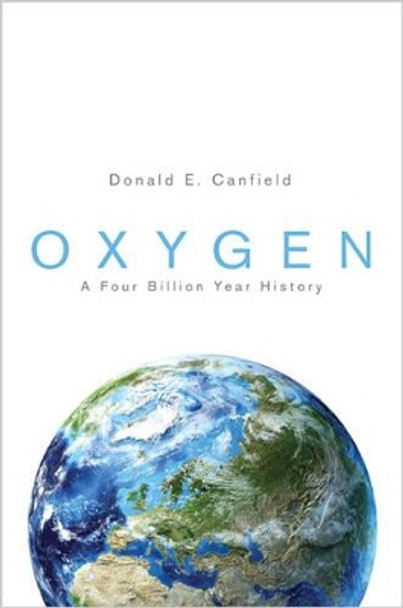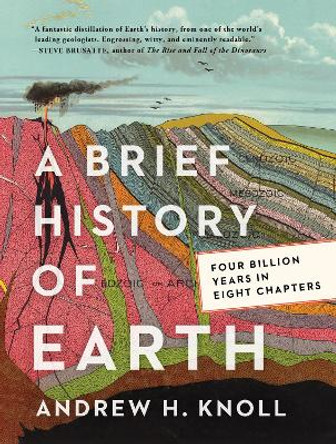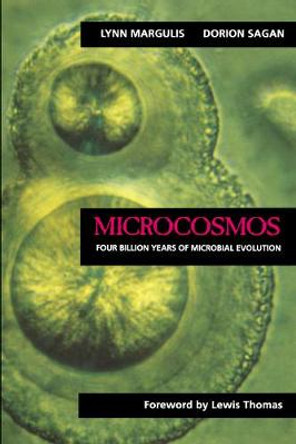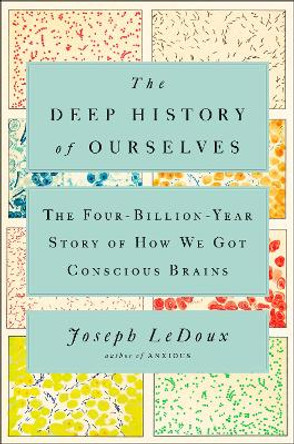Description
About the Author
Donald E. Canfield is professor of ecology at the University of Southern Denmark.
Reviews
Winner of the 2014 ASLI Choice Award, Atmospheric Science Librarians International One of Nature.com's Top 20 Reads for 2014 One of Science Friday's Best Science Books of 2014 "His excellent descriptions of the scientific process show how competing hypotheses, and the scientists who present them, vie for supremacy. Canfield also offers a philosophical perspective: scientific understanding provides true insight into the structure of the natural world."--Publishers Weekly "Engaging and authoritative."--Nature "An ecologist's ambitious, engrossing primer on the key atmospheric element, ranging from the 'great oxidation event' to photosynthesis."--Barbara Kiser, Nature "Concise and easily read, Oxygen provides an ideal starting block for those interested in learning about Earth's O2 history and, more broadly, the function and history of biogeochemical cycles... The endnotes provide valuable entries for readers who wish to explore particular points in greater depth and, in other cases, enable brief digressions for interesting personal notes without disrupting the logical thread of a given concept. And the detailed bibliography captures a vast swath of the relevant primary literature. I highly recommend Canfield's book for anyone with even a remote interest in Earth history, as O2 singularly encompasses much of what makes our planet special."--Woodward W. Fischer, Science "Oxygen takes readers on a remarkable journey through the history of the oxygenation of our planet."--Devorah Bennu, GrrlScientist at The Guardian "This is the sort of science writing we would all do well to read more of... Engage[s] with the ambiguity of a world where evidence is imperfect, knowledge evolves, and mistakes can be made in interpreting the data."--Ian Scheffler, Los Angeles Review of Books "Oxygen: A Four Billion Year History will be an entertaining and informative read, however, for anyone with a serious interest in the long-term history of the Earth: students contemplating working in the area and specialists in related disciplines as well as engaged general readers."--Danny Yee, Danny Reviews "Written as an accessible introduction, with anecdotes sprinkled throughout, bringing the scientists' personalities to life... It would make a solid overview for any university biology or geology student."--Wade M. Lee, Library Journal "Scientific understanding of the role of oxygen in the ancient oceans and atmosphere has taken major steps forward only recently; this book ... is written by a man who made significant contributions to this new understanding. Canfield wrote a seminal paper on ancient ocean chemistry and has spent his career studying the geochemistry of lakes and oceans... To make the discussion more accessible to nonscientists, the technical portions of the discussion are provided as notes at the end of the book."--Choice "Given the complexity and breath of the material, the narrative has a light touch and is scattered with anecdotes about the scientists and adventures involved in the story, giving a real sense of the human endeavor. As well as the fascinating subject matter itself, the overriding impression is one of exhilaration and sheer enjoyment in pursuing this most fundamental, yet challenging, of scientific quests. Highly recommended."--Chemistry World "Canfield shows us how his science is done, and weaves together molecular biology, geology, geochemistry to tell this history of the air we breathe."--David L. Kirchman, Key Reporter
Awards
Winner of ASLI Choice Book Awards: History Category 2014.
Book Information
ISBN 9780691168364
Author Donald E. Canfield
Format Paperback
Page Count 224
Imprint Princeton University Press
Publisher Princeton University Press
Weight(grams) 369g









